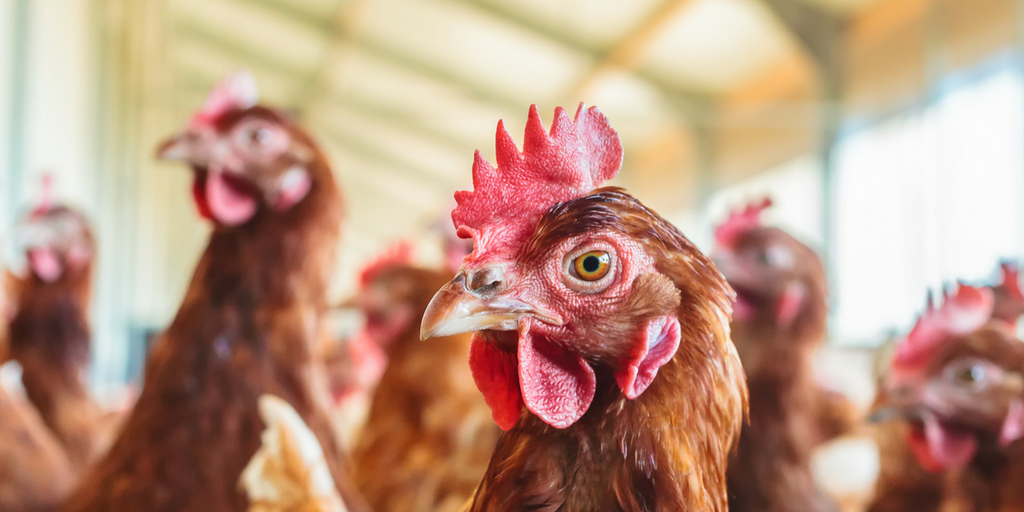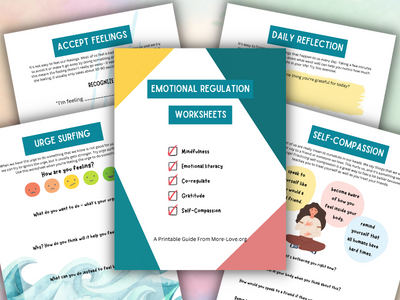
It is not uncommon today for teenagers to adopt “healthy lifestyle” choices such as requesting a purely organic, “clean,” gluten-free, sugar-free, vegetarian or vegan diet. Although the current media culture provides a lot of support for these dietary choices, as a parent, you should deeply consider whether your child is using food as a way to communicate a deeper need to you.
Significant dietary changes can be driven by a true desire to be healthier, help the earth, and not hurt animals, but they can also be a cry for attention, a sign of an eating disorder, or a need to gain control in life. Pulling apart which factors are driving your child’s eating choices is critical to supporting your teen emotionally and physically.
Following are some concepts to consider if your child tells you they would like to adopt a highly restrictive diet. We are absolutely not saying there is anything wrong per se in the diets themselves, and we are not saying that these choices are eating disorders. What we are saying is that there is good reason to pay attention to major dietary changes in your teenager.
Emotional Regulation Worksheets
Give these printable worksheets to grow more confident, calm and resilient and feel better, fast!
- Self-Esteem
- Self-Regulation
- Mindfulness
- Calming strategies
Need for Attention
When our children are babies, they cry, and we give them loving attention. As they grow, many children explore ways of gaining both negative and positive parental attention. For example, sibling quarrels and supermarket tantrums seldom result in positive attention, but they do result in our full, undivided attention for a few moments.
As our kids become teenagers, they may not tantrum anymore, and instead, find other ways to get our attention through rebellion. We are quite familiar with rebellion through clothing, school performance, and who they hang out with, but in some cases, food also falls under rebellion.
“Special treatment and attention can feel really good,” says Tracy Brown, RD. “There’s nothing wrong with that. We just want to ask the right questions. We need to understand whether the choices are coming from a place of needing attention and then address those needs directly.”
It’s very important to understand that your child attempting to use their diet to get your attention is not a bad thing. It’s actually a great thing, as long as you pay attention and attend to their emotional needs. Rather than relying on punishment or control to address rebellious behavior, you can use it as a doorway for greater communication and connection as a family.
“It’s great when a parent is able to notice that a child is communicating with food,” says Brown. “Kids often don’t know what they need intellectually or consciously, and food is a really good way for them to let you know that they still need you.”
Food Rigidity
Changes in eating behavior that put a child in a situation of restricting major food groups suggest a rigidity that may indicate obsessive compulsive disorder, (OCD), anxiety, depression, and/or an eating disorder.
“Being rigid about foods is often a sign that we need to ask a lot of questions to uncover what is underlying their food choices,” says Brown.
Emotional Regulation Worksheets
Give these printable worksheets to grow more confident, calm and resilient and feel better, fast!
- Self-Esteem
- Self-Regulation
- Mindfulness
- Calming strategies
A relatively new and unofficial eating disorder is Orthorexia Nervosa, which is an unhealthy dedication to “healthy living” and/or “clean eating.” Someone who has Orthorexia has rigid food and exercise rules that he or she feels must be followed in order to maintain health.
People who have Orthorexia may spend hours each day planning and obsessing about their food choices, meticulously counting nutrient values, tracking the source of their foods, and researching how a food was grown, processed and/or prepared. As a result of the obsession, the person may lose weight, but not always.
There are many overlaps between Orthorexia and Anorexia, so if you suspect either one, get your child assessed by a professional who is familiar with OCD and eating disorders specifically (i.e. not a general physician, pediatrician, etc.).
Need to Control
The fact is that if your child changes his or her diet drastically, it becomes more difficult and often more expensive for you to feed him or her.
“There is definitely a level of control – if a child won’t eat particular types of food it means that you have to go out of your way as a parent to feed them,” says Brown. “This is a big deal for most parents. Some parents are driving hours each week to source specific farm-raised foods just to get some “acceptable” nutrients in their kids.”
Teenagers’ brains and bodies are still developing in critical ways. Although it is important to support your child’s developing personal independence, it is also important that you maintain boundaries about what lengths you are willing to go to as a parent to supply the specific food your teenager is demanding.
It is a form of manipulation if your teen says they will not eat unless you go to extreme measures to procure the food desired, because, as a parent, you are responsible for your child’s health. You can feel stuck between a rock and a hard place. Manipulation and control sound really evil, but they are not. They are just a way for your child to communicate distress to you. Just pay attention without judgment and find ways to restore a balance of loving power in the household. Parents are supposed to lead the household. This is something our kids need in order to feel safe and secure.
If your child is indicating a need to exert control via food choices, then it can be very helpful to seek support as a family so that you can work together to identify underlying issues that are driving dietary changes, and hopefully work on a deeper level than the food itself in order to connect.
Emotional Regulation Worksheets
Give these printable worksheets to grow more confident, calm and resilient and feel better, fast!
- Self-Esteem
- Self-Regulation
- Mindfulness
- Calming strategies
Summary
If your child approaches you about changing his or her diet, please schedule a consultation with a qualified dietitian who can assess whether there are any warning signs and/or provide a healthy approach to your child’s new diet. Keep in mind that sudden drastic changes to diet may be eating disorder behavior.
It is well worth asking your child deep questions about their dietary choices and requiring education and nutritional counseling to ensure they are based on healthy choices. Remember that eating disorders, anxiety disorder and OCD are tricky to identify, so it is important to be aware of all the possible signs to maximize your potential to support your children in living a life that is healthy for both their bodies and their minds.

Tracy Brown, RD, is a nutrition therapist, registered licensed dietitian and attuned eating coach. She established her private practice in 2006 in in both north and central Florida and now in Naples, FL. She specializes in the treatment of eating disorders and disordered eating in children, teens, and adults. She teaches Intuitive Eating and works with people in person, individually and in groups, online and via phone. Website

